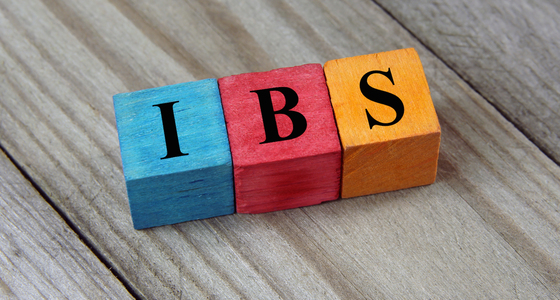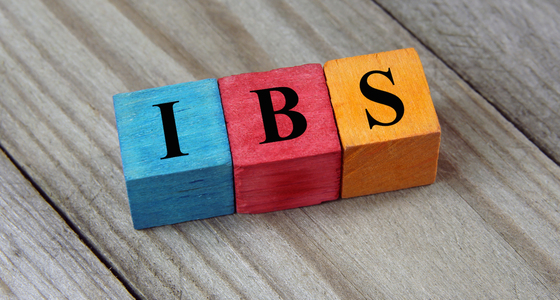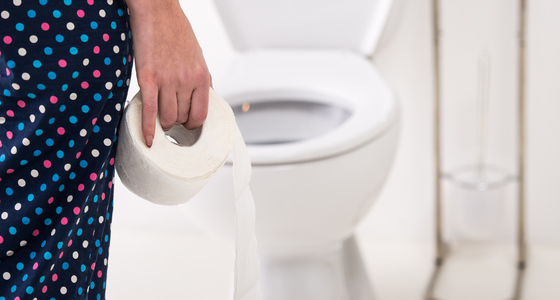
We all produce gas in our bodies - it’s a natural by product of food digestion but some of us seem to produce more than others. And, when this gas gets stuck in your bowels and finds it difficult to escape it causes trapped wind, which can lead to bloating and abdominal pain.
Trapped wind affects many people. For some people it just happens occasionally if they have over-indulged but for others it is a daily occurrence which can affect quality of life. There could be a number of reasons why this may be happening...
Irritable bowel syndrome - or IBS - is a common functional disorder of the colon which results in chronic, painful spasms which can move from one location to another. It can also cause bloating, trapped wind and either constipation or diahorrea, or sometimes both. It is thought to affect at least 10-20% of adults in the US and UK.
Although it can be very painful and life-affecting for some people IBS doesn’t cause any damage to colon. When examined the bowel of someone with IBS looks normal - it just isn’t working in the correct way.
It is usually a lifelong problem which can come and go. There is no cure and no single effective treatment, but many people find ways to help manage their IBS and live a normal life.
Read more about irritable bowel syndrome
If you have constipation then gas can find it hard to escape from your body - meaning it gets trapped inside you. Constipation can happen to anyone and often occurs from not drinking enough liquids and/or eating enough fibre, being stressed or anxious, not exercising enough or as a side effect of medication. In some cases it can be the side effect of a medical condition - such as IBS or inflammatory bowel disease (IBD).
Some foods can create gas inside you as they are broken down by your body. Foods more likely to cause gas which could lead to trapped wind include fatty foods, beans, onions, broccoli, cabbage, sprouts, cauliflower and foods containing artificial sweeteners.
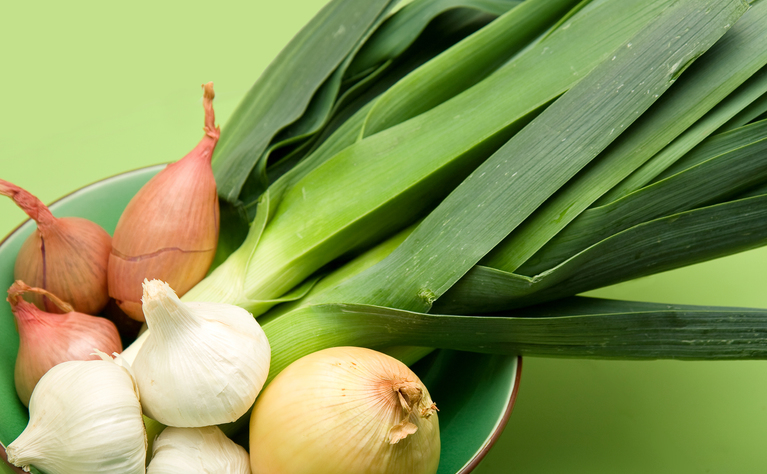
Food intolerances can cause your body to produce excessive gas. Some of the most common food intolerances which can do this include gluten, lactose, FODMAPs, eggs and soy - though this list is not exhaustive.
FODMAPs stands for Fermentable Oligosaccharides, Disaccharides, Monosaccharides and Polyols. They are sugars found in certain carbohydrates and alcohols that are poorly absorbed by the body. When they aren’t absorbed properly they ferment in the intestines, releasing gas which can then cause bloating, wind, pain and sometimes loose stools or diarrhoea.
You can also pay for home food sensitivity tests such as these ones from Healthpath *(this is an affiliate link).
If we swallow air then it needs to get out of our body somehow - this is usually back through our mouths or out of our rear end. If this air gets stuck inside our body as it makes its way through then it can lead to trapped wind. Activities that can cause us to take in air include eating too quickly, chewing gum, drinking fizzy drinks and smoking.
Our guts are made up of trillions of bacteria. The majority of these bacteria live in our colon but sometimes some of the bacteria which should be living in your colon ends up in your small intestine. This is known as small intestinal bacterial overgrowth - or SIBO. This overgrowth can interfere with digestion of food and absorption of nutrients.
Symptoms of SIBO include bloating, abdominal distension, abdominal pain or discomfort, diarrhoea, fatty stools, fatigue, gas, belching, and weakness. In some severe cases weight loss and nutritional deficiencies may be present, particularly iron and vitamins A, B12, D, E and K. It can cause serious health issues if left untreated.
If you are concerned about trapped wind you should speak to your doctor. However, there is limited testing available on the NHS for conditions which may lead to causing trapped wind. This means you may need to pay privately if this is something you would like to do. Healthpath offers testing for gut health, SIBO, leaky gut and food sensitivity and includes reviews of your results* (this is an affiliate link).
Be more aware when you are eating. This means turning off the TV and concentrating on your food. This will help you to eat more slowly and eat less. You should also make sure you chew it properly - it’s recommended to chew each mouthful up to 30 times - and keep your mouth closed. You could also try having 4-5 smaller meals throughout the day rather than 3 bigger ones. Avoid any foods which you are aware cause you more gas. If you aren’t sure then try keeping a diary of what you are getting and how gassy you are in the hours after. However, you should remember that it is important to get a balanced diet.
Chewing gum and eating with your mouth open can both contribute to trapped wind as you tend to swallow more air - as can drinking fizzy drinks. Being stressed can also make you gulp down extra air so practise slow breathing when you feel stressed. Mindfulness may also help with this.
Some people with IBS report using probiotics can help to relieve gas and bloating. An increasing number of studies are being carried out into this area, however more research is still needed.
Some people also find that supporting their gut health through a live bacteria supplement, such as Symprove, can help with gut symptoms such as trapped wind.
If you enter code IBDRELIEF50 at checkout you'll get 50% off the first three months of a monthly rolling subscription of Symprove. Shop now* (this is an affiliate link)
Drinking more water is especially important if you are prone to getting constipated.

Taking some exercise - even just walking around while at work - can help the transit of gas through your digestive system.
Try lying down on your left hand side and massaging your abdomen to help the gas move through your intestines. If you can’t lie down (for example if you are at work) then try massaging your tummy from right to left.
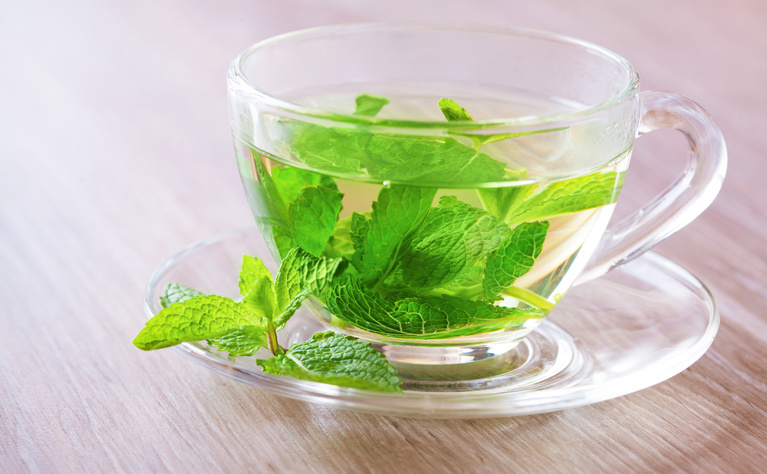
Some people report that drinking peppermint tea or using peppermint oil helps to relieve trapped wind. However, don’t use these if you have heartburn or acid reflux as peppermint can make it worse. You should also check with your doctor before taking peppermint oil if you take cyclosporine.
You can also buy peppermint oil capsules on websites such as Amazon* (this is an affiliate link) and Healthpath also sell peppermint oil capsules, along with other supplements (this is an affiliate link).
*Please note this is an affiliate link which means if you buy from the company we may receive a commission. You will pay the same price as you normally would and any money earned will be used to support IBDrelief's work.
